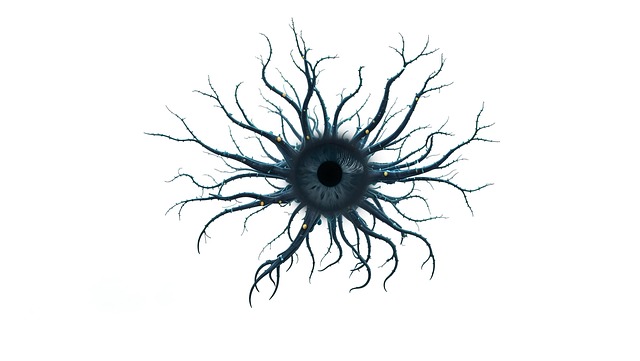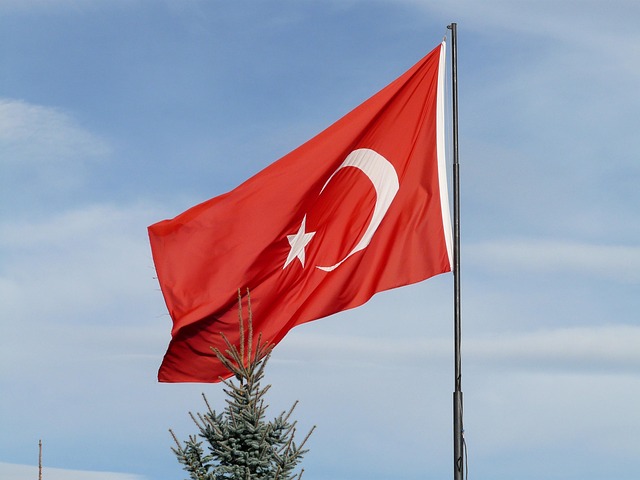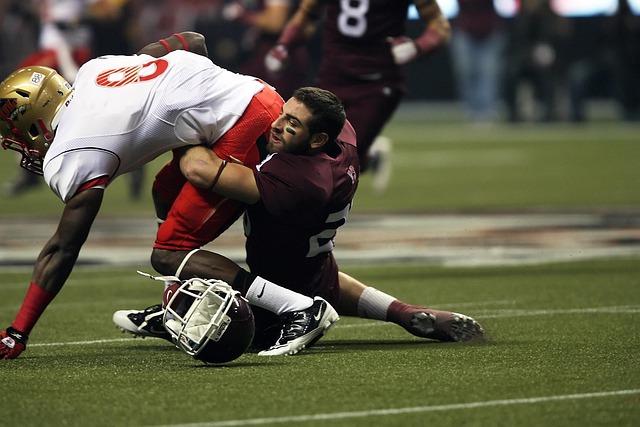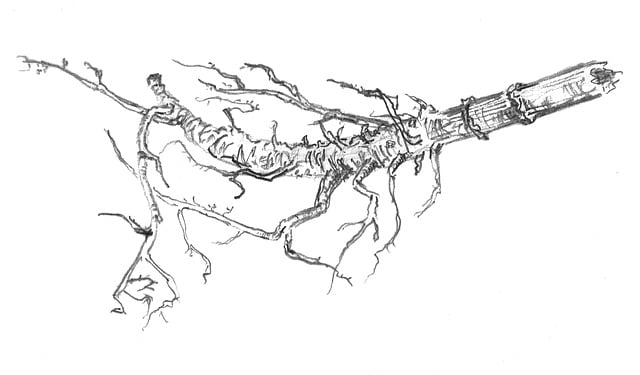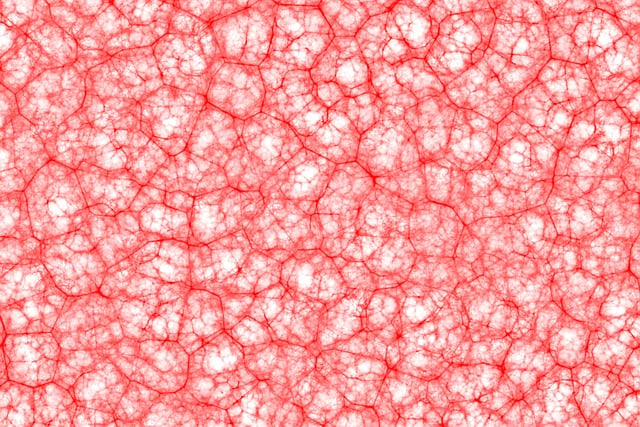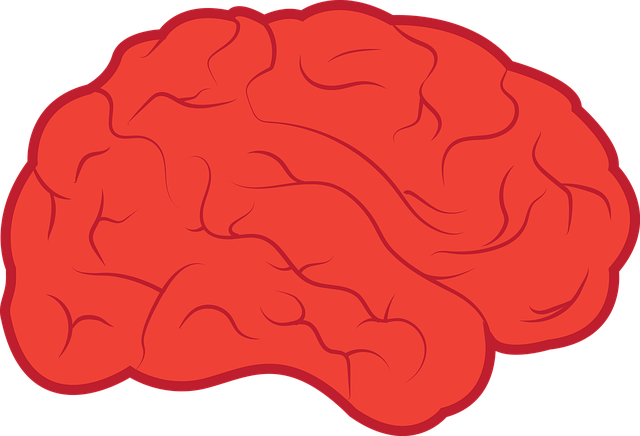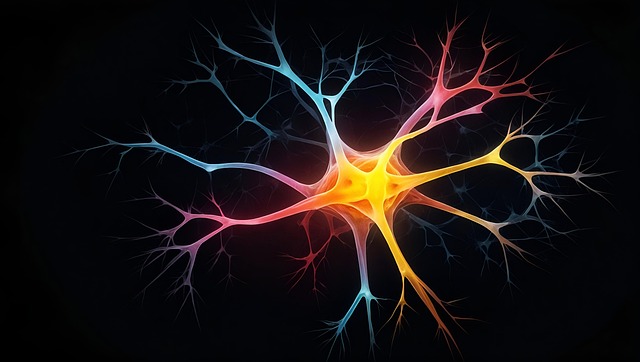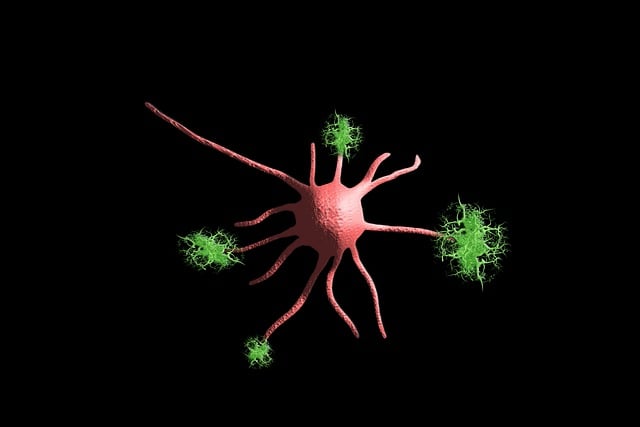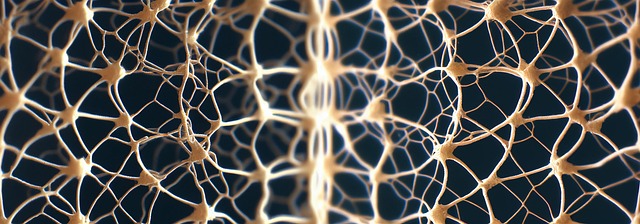After a crash, pinched nerves are common due to impact on spinal nerve roots. Chiropractors provide effective treatment, using manipulation, adjustments, and exercises to relieve pressure and improve nerve function. Early intervention is key, with diagnosis through history, exam, and tests. Chiropractic care offers natural, comprehensive solutions, combining manual adjustments, therapy, and exercise for recovery and prevention of future pinched nerves.
Tingling or numbness caused by a pinched nerve after an accident can be incredibly uncomfortable. If you’ve experienced this following a crash, understanding and addressing the issue promptly is crucial. This article delves into the world of pinched nerves, focusing on the aftermath of a collision. We explore effective strategies for diagnosis and assess nerve damage, along with comprehensive treatment options, including the role of a chiropractor in providing relief.
- Understanding Pinched Nerves After a Crash
- Diagnosing and Assessing Nerve Damage
- Comprehensive Treatment Options for Relief
Understanding Pinched Nerves After a Crash
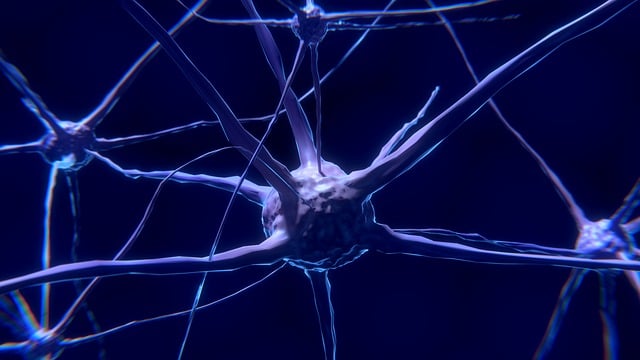
After a crash, whether in a car or during an athletic activity, understanding the potential impact on your nervous system is crucial. One common issue that arises is what’s known as a pinched nerve—a condition that can lead to tingling and numbness in various parts of the body. In the context of a crash, a pinched nerve usually occurs when sudden impact compresses or irritates a spinal nerve root, causing disruption in the flow of signals between the brain and the rest of the body.
Seeking treatment for pinched nerves after a crash with a chiropractor is an effective approach to managing symptoms and promoting healing. Chiropractors are trained to assess and diagnose such conditions, using techniques like manipulation and adjustment to relieve pressure on the affected nerve. Additionally, they may incorporate other therapeutic methods, such as heat or ice therapy, along with exercises and stretches tailored to your specific needs, to expedite recovery and prevent future occurrences of pinched nerves.
Diagnosing and Assessing Nerve Damage
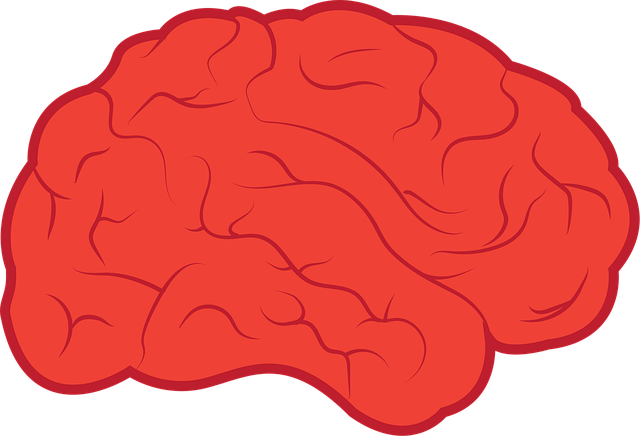
Diagnosing nerve damage from a pinched nerve, especially after an accident like a crash, is crucial. Chiropractors are trained to assess symptoms such as tingling and numbness, which can indicate compression or irritation of nearby nerves. They’ll start with a detailed patient history, including the nature and severity of the injury, followed by a thorough physical examination focusing on the affected area. This may include special tests to evaluate nerve function, like testing muscle reflexes and checking for sensory disturbances.
Advanced imaging studies like X-rays, MRIs, or CT scans might be ordered if needed, to rule out other structural issues or to confirm the extent of nerve compression. Early intervention is key in managing pinched nerves, and a chiropractor can guide patients towards appropriate treatment options, including manual adjustments, physical therapy, or even referral for specialized care if required. For those seeking a treatment for pinched nerves after a crash, a chiropractor’s expertise is invaluable in navigating recovery and restoring nerve function.
Comprehensive Treatment Options for Relief

Many individuals seeking relief from tingling and numbness caused by a pinched nerve after a crash turn to chiropractors, who offer a range of comprehensive treatment options. The chiropractor’s primary goal is to alleviate pressure on the affected nerves, often through manual adjustments to the spine. This hands-on approach can realign misaligned vertebrae, reducing compression and restoring nerve function. In addition to adjustments, chiropractors may incorporate other techniques such as heat or ice therapy, electrical stimulation, and exercise recommendations tailored to the patient’s specific needs.
For persistent symptoms, a multidisciplinary approach combining chiropractic care with physical therapy, massage, and lifestyle modifications can be highly effective. These treatments work synergistically to improve mobility, strengthen supporting muscles, and promote overall nerve health. Moreover, patients are often advised on injury prevention strategies to avoid future pinched nerves, ensuring long-term relief and well-being.
Pinched nerves caused by a crash can lead to significant discomfort and numbness. Thankfully, comprehensive treatment options are available, including specialized care from a chiropractor. By understanding the issue and diagnosing nerve damage accurately, individuals can find relief through targeted interventions. If you’re experiencing tingling or numbness after an accident, consider seeking professional help for effective treatment tailored to your needs.
